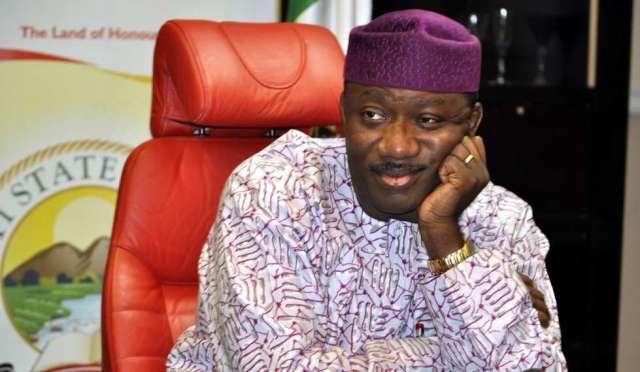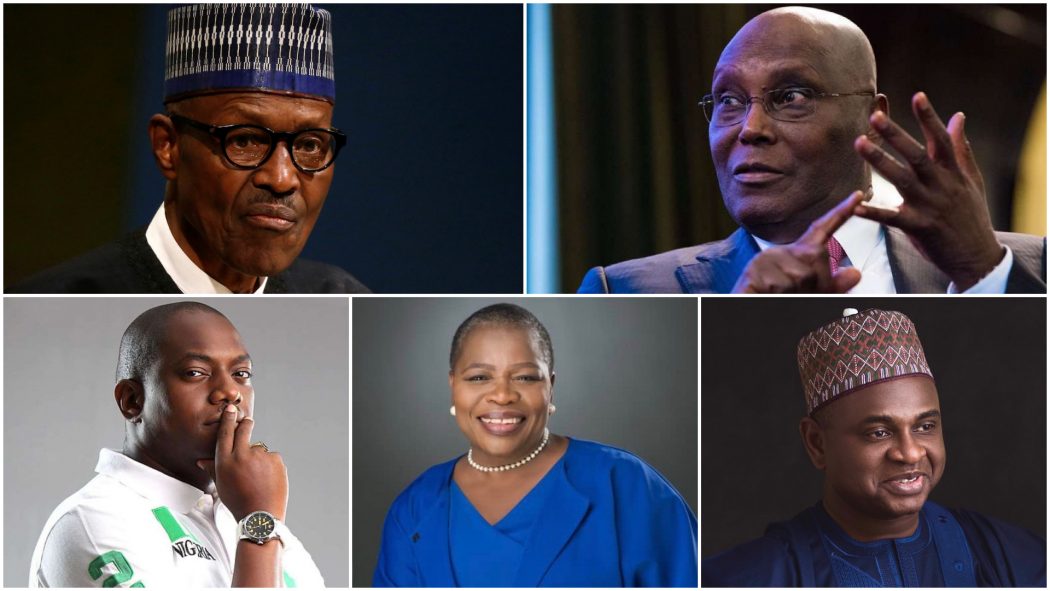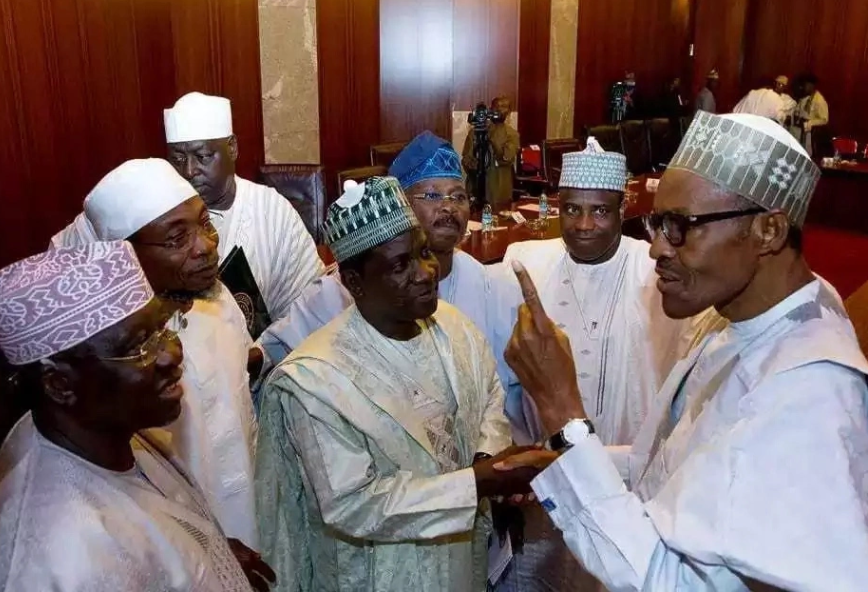A former commercial bank staff, Mr Ugochukwu Otubelu, on Wednesday, revealed how he managed the security vote account under ex-Gov. Willie Obiano of Anambra government.
Otubelu, who said he is now a businessman, told Justice Inyang Ekwo of a Federal High Court, Abuja that he was with the bank between Nov. 2, 2008 and March 24, 2023.
“I worked in Awka Regional Branch at Nmamdi Azikiwe University.
“I was a relationship officer, I recruit customers, manage their account and approves loan facilities for customers of the bank.
“The branch I worked is a regional branch and the Marketing Department is divided into Consumer Marketing, Commercial Banking and the Public Sector,” he said.
Otubelu, who was led in evidence by the Economic and Financial Crimes Commission (EFCC)’s counsel Sylvanus Tahir, SAN, as 3rd prosecution witness (PW-3), said he worked in the Public Sector Department of the bank.
He said he was told by the bank’s compliant unit that the EFCC was investigating the state and the security vote accounts of Anambra which he managed.
He said the commission asked him to get details of six accounts including that of Youdoo Ventures, Nazdal Ventures, Moment of Peace Ventures and Easy Dia.ln Limited and C.I Party Ventures Nigeria Limited.
He said he had met with ex-Gov Obiano before in the course of managing the security vote account.
The PW-3, however said that the signatories to the security vote account were the former Principal Secretary to the ex-governor, Willy Nwokoye, and the Accountant, Theophilus Nweze.
“I interface with them mostly on daily and weekly basis in processing their transactions.
“I correlate between the bank and them and in processing their transactions, I give them feedback on those transactions.”
He said he goes to the principal secretary’s office every week and he tells him the transactions to be done for the week.
“He will give me instruments through cheque for the transaction to be processed on behalf of that security vote account.
“After every week, I do go to his office to balance the account via the money that came into the security vote account and what it is needed to be done for that week,” he said.
On how the transaction was done, Otubelu said Nwokoye sometimes issued cheques and they at times, took the cash to him.
He identified the documents submitted to the EFCC numbering 215 and was marked as exhibits after Tahir tendered them.
But Obiano’s counsel, Onyechi Ikpeazu, SAN, reserved his objection until final address in line with court directive.
Otubelu, who admitted that funds from the security votes account went into the six companies’ account, said the money did not go to the account holders.
When being cross-examined by Ikpeazu, the witness admitted that the state government was neither part of any of the six accounts nor did it open them.
He also said that the state government did not directly operate the six accounts.
He said the six accounts were used for discreet security transactions.
When asked on what he understood by the expression , “discreet security transactions,” Otubelu said; “As at the time the accounts were needed, there were a lot of insecurity in the state to the extent that we, the bank workers, do not go to work.
“There was high tension of insecurity all over the state.”
“AmI right to say that the security operatives did not operate regular bank accounts?” Ikpeazu asked.
Responding, the witness said: “In the course of my duty, the security agencies were basically paid in cash.”
The PW-3 admitted that on few occasions he took cash to the former governor, it was usually during his meeting with the security operatives.
“The service chiefs are always there; the army, the navy, the DSS director, civil defence, vigilante and others,” he said.
He admitted that the vigilante groups in the state were established by the communities and churches.
He, however, agreed that the state government participated in their funding and expenses as security operatives.
The witness admitted that in the course of operating the six companies’ accounts, no part of the state government money went to the benefit of the companies and their directors.
“Not even a kobo because the transactions done for the week will be reconciled with the Principal Secretary,” he said.
After re-examination, Otubelu was discharged from the witness box.
The EFCC also called Hayatu Hadejia, a Bureau De Change (BDC) operator as 4th prosecution witness (PW-4).
Hadejia told the court that he is a businessman, who runs BDC companies.
He said he had five companies and was invited by the EFCC as part of its investigations into the financial activities of the government of ex-governor Obiano.
After given his testimony and was cross-examined by Obiano’s lawyer, Justice Ekwo discharged him from the witness box and adjourned the matter until Oct. 7, Oct. 8, Oct. 9 and Oct. 10 for continuation of trial.
The News Agency of Nigeria (NAN) reports that Obiano was Anambra governor between March 2014 and March 2022.
The former governor, in a nine-count charge, was alleged to have among others, misappropriated over N4 billion from the state’s treasury.



